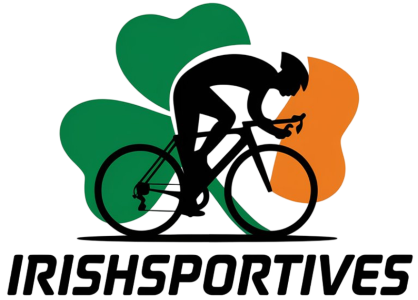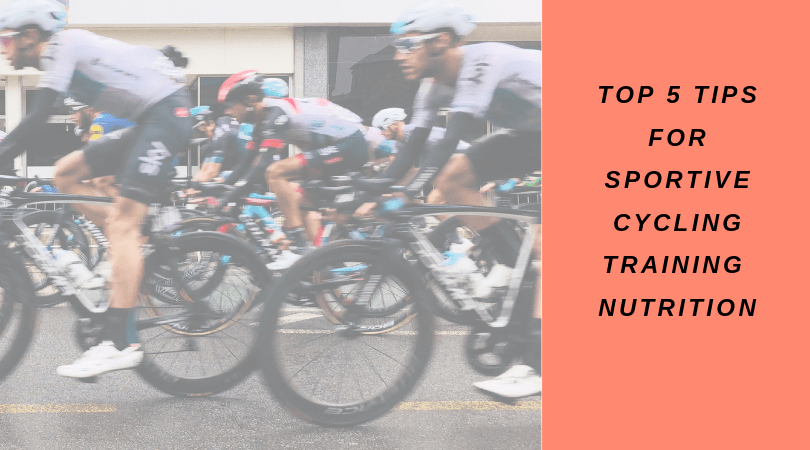With an ever growing number of sportive cycling events to choose from on the calendar, there are plenty of opportunities if you want to challenge yourself. A common mistake in preparation for the season is failing to match your training with a solid nutrition and hydration plan. This leaves you prone to injury, reduced performance and health, fatigue and downright crankiness!
So how can you maximise your nutrition and ensure you are well prepared for the season ahead and your goal events?
Tip 1: Get On Track
Knowing how much food to eat can be challenging for any cyclist especially as mileage can be long and energy demands high. Staying on top of the balance of energy in and out is not only important for performance but also for health. When the body has used a lot of energy for cycling it may cause a mismatch between food intake and expenditure and if insufficient energy availability occurs, then the body switches into an energy saving mode which has implications for hormone production and metabolic processes, which in turn impacts all systems throughout the body and will also affect performance. (Keay, N, 2017)
Cyclists can be more prone to intentional and non-intentional energy mismatch, especially with the association of greater performance benefits with lower body weight and the over use of fasted training sessions or restricting carbohydrates. Also, the nature of cycling means that the long hours in bike may mean missed meals. A good plan is to monitor, assess, adjust and repeat, to get your nutrition working for you and focus more on fuelling for the training load at each specific session.

Nutrition monitoring is very much associated with calorie tracking inwards, such as MyFitnessPal/Chronometer calculating the calories per hour intake required. Some may find it helpful to monitor intakes for a couple of weeks in order to review current status and this will give some basic information on food intake. Calculating your output can be harder to manage. Power meters and heart rate monitors are often used and comprehensive metabolic testing will show how much and what fuel you are burning and can be an effective tool for educating yourself on your energy requirements and outputs, especially to understand your nutrition around specific training intensities.
However, the type of standard wearable tracking systems available to most cyclist have limitations and are based from equations that estimate a calorie burn. Recent reviews of leading trackers showed underestimates of heart rate and inaccurate energy expenditures (Dooley et al, 2017). In a study where 60 cyclists tested 8 popular wearable devices not one of the devices was valid for energy expenditure (Bourdeaux et al 2018). Also, a Standford study of 7 tracking devices showed that even the most accurate was off by an average of 27% on energy expenditure and least accurate was off by 93%. The heart rate performed better than expected with an error rate of less than 5%.
For some, tracking may become obsessive, affecting mood and causing stress. Another more sustainable way is to work on maintaining a connection to your feeling of fitness, power output and pace ratio, how you are recovering between training sessions and events, your sleep, appetite and your own hunger and fullness and mood around your eating habits and adjusting when training loads increase.
Keeping a weekly journal of these types of measurements can also be effective, assessing progress and performance and maybe less stressful over the long term. If you are finding this balancing act difficult then a registered sports dietitian or nutritionist can be a beneficial resource.


Catriona Courtney is a Registered Sports and Exercise Nutritionist(SENr Graduate Member) and lives near Kinsale in Cork (but still very proud of her Kerry upbringing😉). Catriona specializes in nutrition for endurance sports like cycling, running, triathlon and ultra endurance. For information on her services, contact her through her website www.elev8nutrition.ie or follow her on Facebook @elev8nutrition.ie and Instagram @elev8nutritionirl



